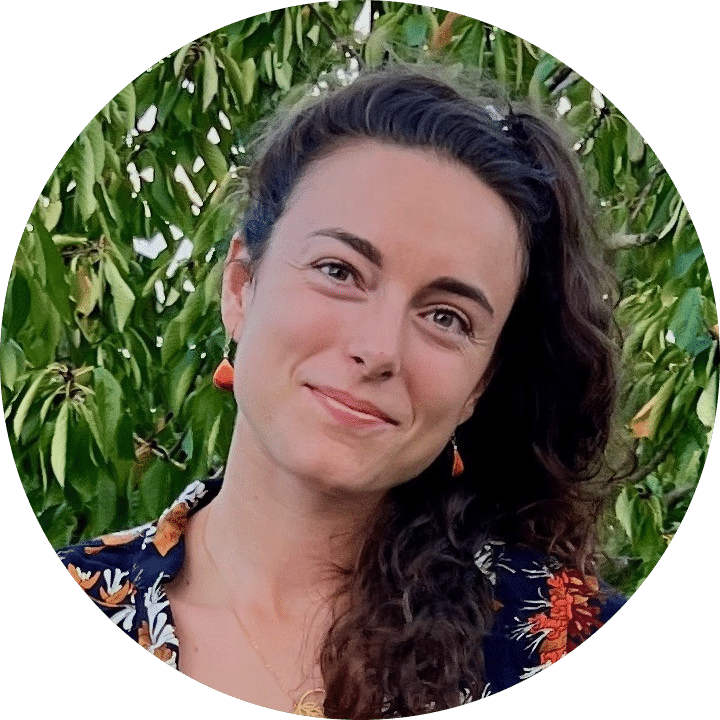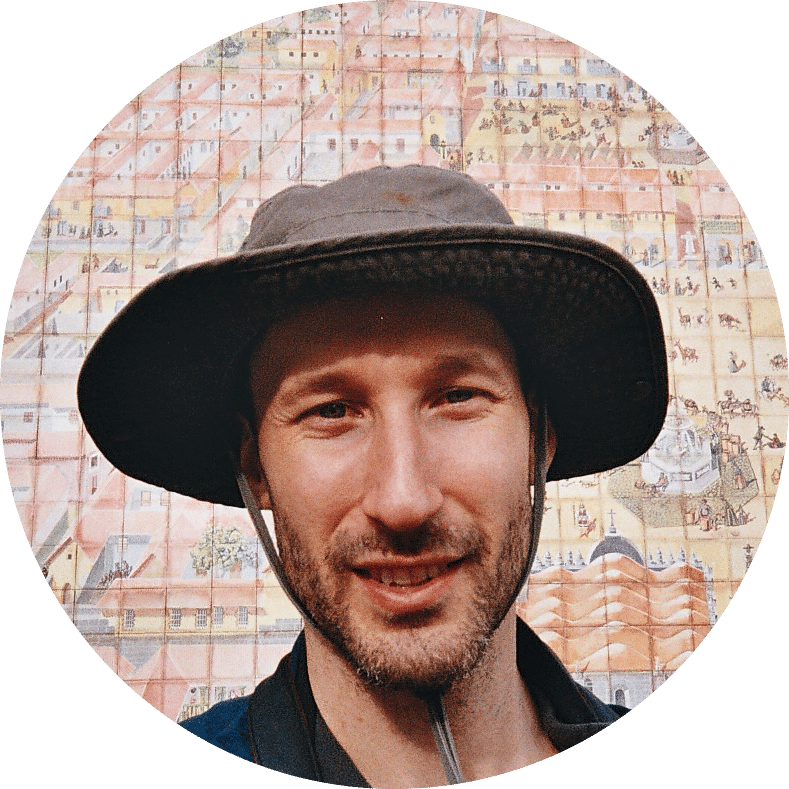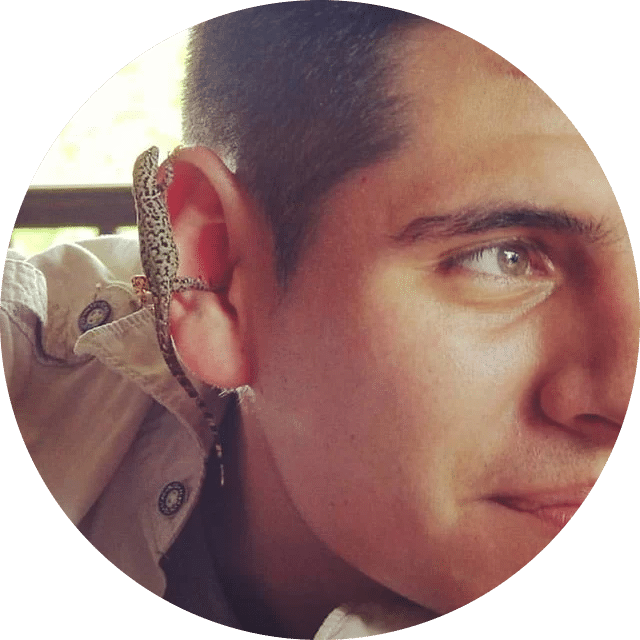
Nathalie Feiner
Lise Meitner Group leader at MPI in Plön, Germany
I am an evolutionary biologist with a background in comparative genomics and developmental biology. Broadly speaking, I want to understand how the generation of phenotypic variation affects how evolution proceeds. This motivation has led me to pursue a diverse set of research questions that span from the developmental origins of novelties to the role of developmental plasticity in evolution – using a range of tools from geometric morphometrics to various kinds of -omics approaches. I am fortunate that most of my research questions can be addressed by studying lizards, and my ERC-funded project on wall lizards allows me to use a developmental approach to understand phenotypic innovation and convergent evolution.
CV Publication list feiner@evolbio.mpg.de

Tobias Uller
Professor of Evolutionary Biology, Lund University, Sweden
I want to understand how evolution works. This requires an integrative approach – from molecular and developmental biology to ecology – guided by mathematical modelling and conceptual analysis. My projects span across a range of topics, but most are designed to reveal how functional processes of organisms – development, physiology and behaviour – influence their evolution. We mostly study lizards, and combine experiments with genomic analyses, field studies and comparative methods. Several projects make use of mathematical modelling to predict or interpret evolutionary outcomes. The integration of development and evolution also raises conceptual issues, which I explore in contributions aimed towards biologists and philosophers of science.
CV Publication list LU website tobias.uller@biol.lu.se

Quentin Horta-Lacueva
Postdoc | LU
Adaptive divergence | phenotypic integration | morphometrics| comparative biology
I am interested in the developmental origins of morphological diversity. During my PhD, I studied how hybridization affects feeding morphology, developmental timing and animal personality in Arctic charr morphs. Now focusing on the evolution of the skull in lizards, I investigate how particular types of embryonic cells may influence diversification and convergence.
quentin.horta-lacueva@biol.lu.se

Ivan Prates
Postdoc | LU
Biogeography | speciation | phylogenomics | conservation biology
I am a Brazilian evolutionary biologist interested in the processes behind species and phenotypic trait diversification. I have previously worked with a great variety of frogs and lizards from the Americas and Australia, and I am now focusing my attention on Mediterranean wall lizards. By combining fieldwork with comparative genomics, I aim to answer questions on their biogeography and patterns of parallel evolution.

Guannan Wen
Postdoc | MPI
Evolutionary genomics | gene flow | speciation | diversification
I’m interested in using genomic data to resolve evolutionary questions in natural populations, such as their diversification pattern, evolutionary history, and mechanisms of their speciation. My work is uncovering evolutionary patterns and shed light on the processes that drive these patterns. I am also passionate about conservation biology, and I’m eager to apply my skills in population genetics to improve the prospects of endangered taxa.

Gwenaëlle Deconninck
Postdoc | LU
Evolutionary ecology | ecophysiology | island biogeography
My research interests include community ecology, ecophysiology, and the effects of environmental change on populations and ecosystems. I am particularly interested in topics related to conservation and invasion biology. Currently, my work focuses on understanding the ecological, genetic, and physiological factors that contribute to the resilience and adaptation of small island populations of lizards.
gwenaelle.deconninck@biol.lu.se

Juan Gefaell Borras
Postdoc | LU
Adaptation | evolutionary theory | philosophy of science
I have a joint background in evolutionary biology and philosophy of science. I combine empirical research in evolutionary ecology with philosophical analyses. Scientific research enables me to explore questions about adaptation and diversification, while philosophy encourages me to reflect on the bigger picture. My ultimate aim is to understand and celebrate science in general, and evolutionary biology in particular.
juan.gefaell_borras@biol.lu.se

Jan Kreider
Postdoc | LU
Theoretical biology | origins of multicellularity | experimental evolution
I am an EMBO postdoctoral fellow in the Feiner-Uller and Cornwallis groups. My aim is to understand how mechanisms that regulate development and behavior have facilitated or hindered the evolution of cooperation and complex social life. I use a combination of theoretical modelling and empirical approaches, such as experimental evolution, comparative genomics and transcriptomics, to investigate the evolutionary transition from unicellular to multicellular life in green algae.

Natalia Zajac
Postdoc | MPI
Evolutionary genetics | bioinformatics | comparative genomics |
I am a computational biologist interested in the evolution of genome architecture and genome function. In my postdoctoral project, I use pangenomics and comparative genomics to better understand the evolutionary events shaping the variation in genomic architecture within the Podarcis genus. I especially focus on the genome-wide signatures of hybridisation and their role in adaptive divergence.

Halley Cano Fernandez
Postdoc | MPI
Computational modeling | color patterns | evo-devo
I am a post-doc with a background in developmental evolutionary biology. My central research question is how can complex phenotypes evolve and what role does developmental bias play. To answer these questions, I use computational models of development and evolution. My current project is focused on understanding the directions of evolutionary change in the skin color patterns of wall lizards.

Robin Pranter
PhD student | LU
Developmental bias | parallel evolution | evo-devo| neural crest cells
I am interested in the developmental basis of adaptive phenotypic changes, in particular the developmental origins of complex phenotypes. During my PhD, I will investigate a suite of exaggerated traits – a syndrome – that has repeatedly evolved in different wall lizard species. My aim is to identify the cellular and genetic changes that are associated with the syndrome to ultimately understand why evolution tends to repeat itself.

Lucia Caroli
PhD student | LU
Conservation genomics | Population genetics | evolutionary genomics | sand lizards
I am a PhD student interested in what genomes can tell us about the past history and future prospects of small and isolated populations. I study sand lizards in Sweden, a species threatened by habitat reduction and fragmentation. I am excited about evolutionary biology in general and how its tools and methods can be applied to conservation.

Garazi Martin Bideguren
PhD student
Microbiome | co-evolution | adaptation | climate
I am a PhD student based at the University of Copenhagen, working with animal-microbiota interactions in Antton Alberdi’s group. My research explores the microbiome of lizards and the interactions between these bacteria and their host. My overall aim is to understand the role of gut microbes in adaptation to different environments.

Iris Ruesink Bueno
PhD student | MPI
Evolutionary genomics | hybridization | recombination
I have a broad interest in how changes to the genome affect the course of evolution. For my PhD, I will study the evolutionary genomics of a highly diverse clade of Podarcis wall lizards that arose from an ancient hybridisation event. The aim of the project is to determine whether recombination between the genomes of the two ancestral lineages enabled the diversification of this group by sorting distant genetic variants into novel combinations.

Santiago Ávila Quíntero
MSc student
Conservation biology | thermal biology | evolutionary genomics
I am a MSc student at Lund University and I do my research project on the evolutionary genomics of wall lizards introduced to England. These populations have been established less than 100 years ago, and I use genomics to understand their history and future prospects. Are the populations highly inbred and on the verge of extinction, or are wall lizards thriving and expanding?

Tyra Westelius
Project assistant | LU
I did my MSc in the MSc program in Evolutionary Biology at Lund University in 2024, and am now a project assistant for the group. I help with everything from extracting data, taking care of animals to staining gene expression in embryos.

Doreen Landermann
Lab technician | MPI
I have been a lab technician at the MPI for more than a decade and have mostly worked with fungal pathogens. I support research in all possible ways and make sure that the thousands of lizard samples remain organized.